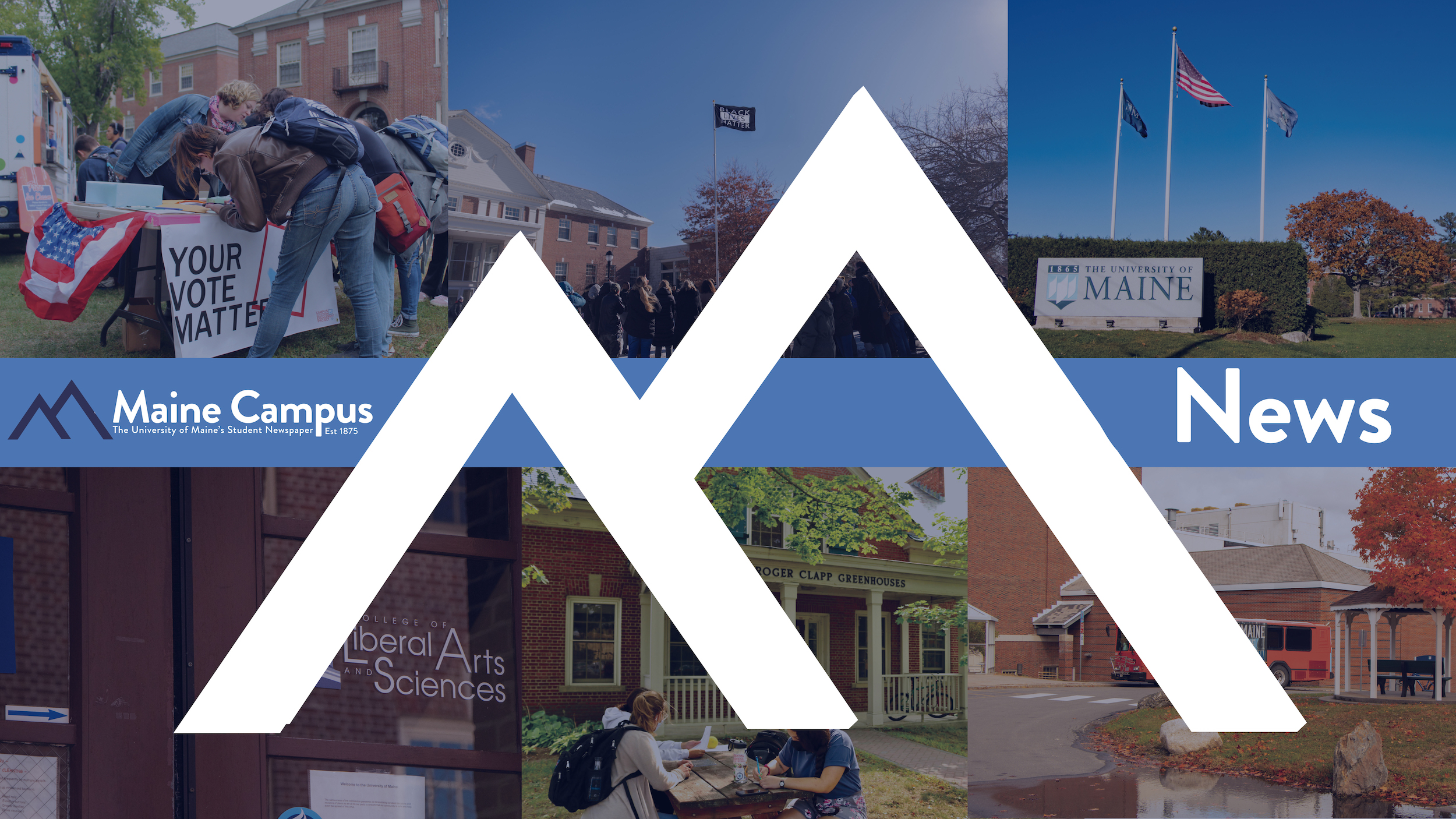On Feb. 23, the Microbes and Social Equity (MSE) Speaker Series 2022 continued online as Dr. Jake Robinson, an ecologist and researcher, discussed his interests in microbial ecology, ecosystem restoration and social research. His presentation, “20 Important Questions in Microbial Exposure and Social Equity [and] Recent Work on Urban Greenspace Microbiomes” further established the importance of microbes and how they shape our lives and the world around us.
“I explored integrated strategies that take into account this environment microbiome human health relationship and tried to understand some of the co-benefits of these integrated strategies, said Robinson. “So these could include things like nature engagement, activities also known as green prescriptions, or understanding the design and restoration of green spaces and how these affect human health.”
There were several themes and research questions that were investigated by Robinson and his team to set the agenda for future research in the area of Microbes and Social Equity. These include socio-cultural interactions, indigenous community health and wellbeing, humans, urban ecosystems and environmental processes, human psychology and mental health, the microbiome and infectious diseases, human health and food security and microbiome related planning, policy and outreach.
Robinson continued by explaining the importance of a diversity of microbiomes in the community and how it helps our immune system. In a diagram, he presented declines in biodiversity would lead to microbial deprivation, followed by microbial imbalance and/or disturbed immune response, which would conclude to a high risk of inflammatory diseases. This biodiversity/old friend hypothesis stresses just how important our microbes are to us and our environment.
“Diversity was associated with a reduced risk of acutely fibroastic leukemia, 35%, which is quite astonishing from a massive study of 899,000,” said Robinson. “Ecosystem restoration fails because we typically address composition/diversity, when we need to understand interactions and functional traits that provide stability and resilience.”
Robinson later presented a graph that illustrates how foraging environments have a high human microbiome community diversity, whereas urban industrial landscapes have a low human microbiome community diversity.
“Our skin essentially has the same immune system, and microbes play a key role. Pollution can also affect the microbial communities on the skin which could potentially have important health implications,” said Robinson. “So we shouldn’t just be focusing on the gut microbiome, and these are factors to consider in the realm of social equity, particularly if you think about certain social groups that may, you know, living in higher areas of high deprivation, may be more exposed to different kinds of pollution.”








